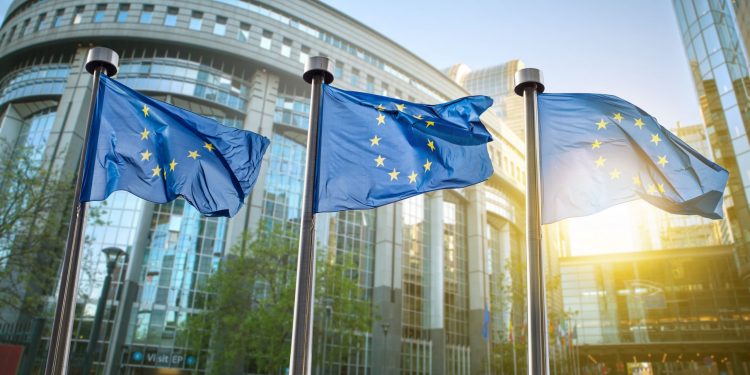European Sustainability Reporting Standards
The EU has released a revised draft of European Sustainability Reporting Standards, which will continue to adjust the scope and specific provisions of ESRS based on the European Financial Reporting Advisory Group (EFRAG).
The European Sustainability Reporting Standards (ESRS) are specific standards of the Corporate Sustainability Reporting Directive (CSRD), which requires companies to disclose sustainability issues and understand how sustainability affects their development, performance, and financial performance.
EFRAG’s Revision of European Sustainability Reporting Standards
EFRAG first developed the basic version of ESRS in 2021, and subsequently solicited opinions from all parties on 13 draft ESRS and made modifications to them:
- Reduce disclosure of data points. EFRAG has reduced disclosure requirements by 40% and reduced the number of data points by 50%.
- Consider global standards. EFRAG ensures that ESRS meets the standards established by the International Sustainability Standards Board (to be announced by the end of the second quarter of this year).
- Revise substantive principles. EFRAG no longer assumes that all reporting matters have a material impact on the enterprise.
- Set specific disclosure period. EFRAG allows companies to omit disclosure data on the value chain within three years and can provide phased information on the financial impact of climate on companies, social protection, employee training, and development within one to three years.
EFRAG believes that the cost of ESRS is more significant and measurable in the short term, while the benefits it brings are only reflected in the medium to long term. The EU believes that the modification of EFRAG is basically in line with the authorization of CSRD and is consistent with the goals set by the European Green Deal. At the same time, the EU believes that there are still certain difficulties in ESRS’ disclosure requirements for enterprises in areas such as biodiversity and enterprise value chains.

EU’s Revision of European Sustainability Reporting Standards
The EU and other stakeholders discussed the draft ESRS provided by EFRAG. In order to increase the feasibility of enterprise implementation and maintain the goal of sustainability reporting, the EU has made modifications to the draft:
- Materiality: Except for mandatory disclosure requirements in general disclosure, all other disclosure requirements and the materiality of data points are evaluated by the enterprise itself.
- Introduce requirements gradually: In addition to the gradual introduction of some disclosure information by EFRAG, the EU continues to relax relevant requirements. Enterprises with less than 750 employees may not disclose Scope 3 carbon emissions data and labor data in the first year, and may not disclose biodiversity, value chain, and other data for two years. All enterprises may not disclose the financial impact of non-environmental issues and some labor data within the first year.
- Change mandatory disclosure to voluntary disclosure: The EU has changed the interpretation of biodiversity plans, non-employee indicators, and substantive judgments to voluntary disclosure.
- Increase disclosure flexibility: The EU has revised financial disclosure requirements for sustainable risks and materiality assessment methods to provide more flexible disclosure strategies for enterprises.
- Increase consistency with the EU legal framework: the EU adjusts ESRS to adapt to the International Sustainability Standards Board and the European Pollutant Release and Transfer Register.
- Increase operability with global standards: The EU has adjusted ESRS to adapt to the standards developed by ISSB and the Global Reporting Initiative (GRI).
- Revise terminology: The EU plans to draft new regulations that accurately define all terms of ESRS.
The EU believes that the revised ESRS can reduce disclosure costs by 230 million EUR per year, while the additional reduced costs (from flexible disclosure requirements, operability with international standards, etc.) cannot be directly quantified. The EU requires EFRAG to continue providing materials to fix other issues such as materiality assessments.
Reference:








